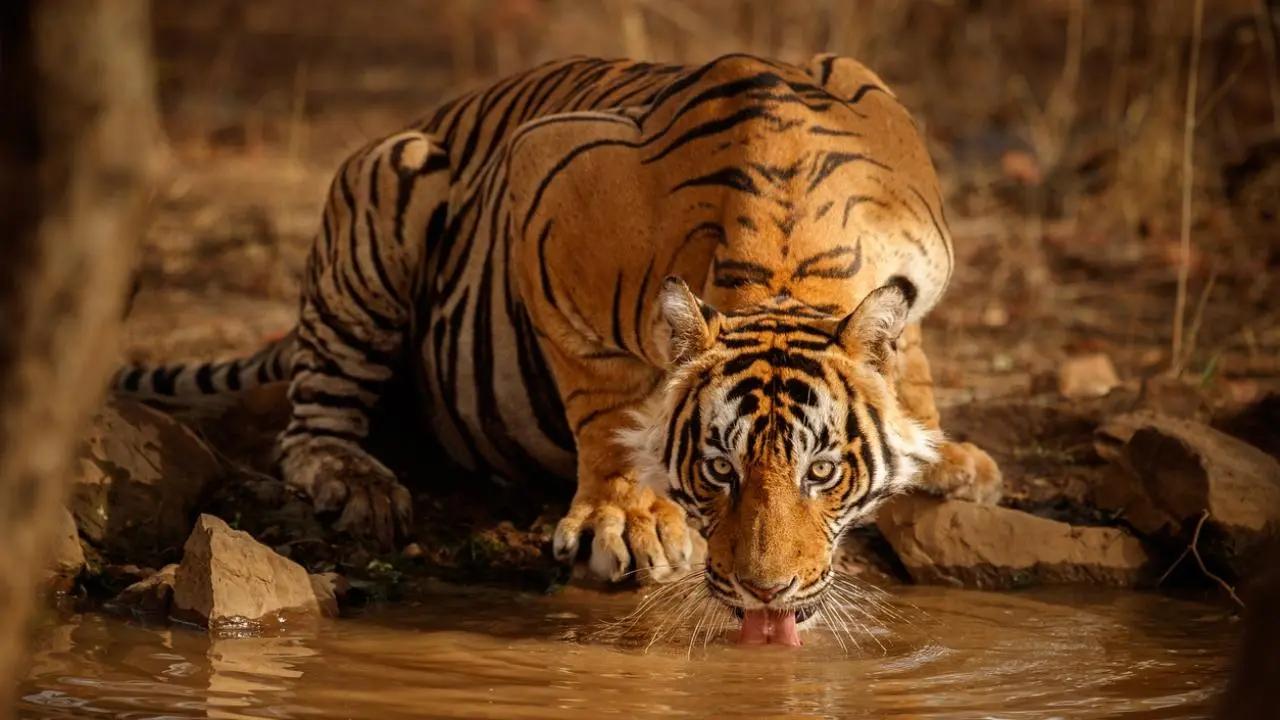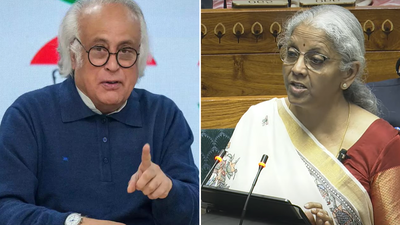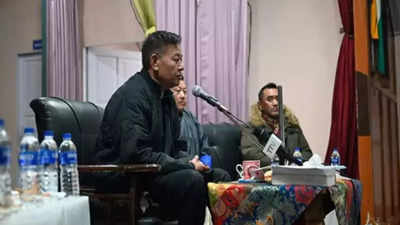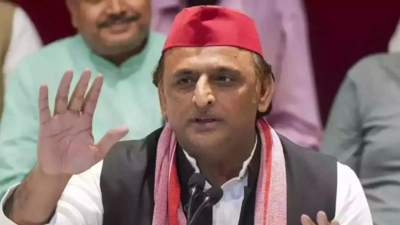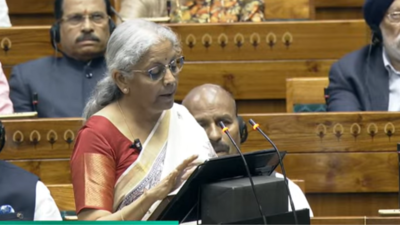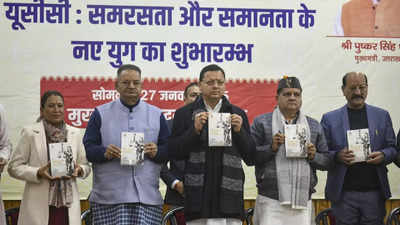
DEHRADUN: Uttarakhand government has listed 37 "prohibited relationships" each for men and women under the newly-implemented Uniform Civil Code (UCC). These relationships, detailed in Schedule 1 of the Act, primarily involve blood relatives, extended family, and certain connections spanning three generations - many of which are practically impossible due to age differences. Some unusual prohibited relationships for men that feature in the list include mother's mother's father's widow (great-grandmother) and daughter's daughter's son's widow (great-granddaughter-in-law).
Videos 58:58 President Droupadi Murmu's Mega Address To Joint Parliament Session | Budget 2025 7 hours ago 01:13 Budget Session 2025: FM Nirmala Sitharaman Tables Economic Survey | Watch 9 hours ago 12:02 Budget Session 2025: PM Narendra Modi Takes A Dig At ‘Shararati’ Opposition 9 hours ago 03:21 'Don't Give Me Gyaan': Blistering Faceoff Between Akhilesh Yadav & Anurag Thakur In Lok Sabha 185 days ago 06:57 Rahul Gandhi Vs Om Birla: Five Big Moments Of Fiery Faceoff & Jibes | Watch 185 days ago 07:25 'Adani-Ambani...

Arre Sorry!': Rahul Gandhi's Remark Sparks Chaos In Lok Sabha | Watch 186 days ago 05:24 Rahul Gandhi Triggers Ugly Spat In Fiery LS Speech | 'Modi-led Chakravyuh,' 'Kamal' & India 'Trap' 186 days ago 03:12 Kharge Smiles As Dhankhar Mocks 'Peaceful' Congress MPs In Rajya Sabha | Watch Banter 186 days ago 03:25 Owaisi Quotes Pak Poet In Attack On Modi Govt; 'FM Nirmala Can Tax Unemployed Too' | Watch 186 days ago 04:26 Budget 2024: Good News For Indians Planning To Get Married: Watch Why 191 days ago 1 2 3 4 5 6 For women, the list includes father's father's mother's husband (great-grandfather), father's mother's mother's husband (great-grandfather), mother's father's mother's husband (great-grandfather), and mother's mother's mother's husband (great-grandfather). On why relationships spanning three generations were included in the prohibited list, UCC rules committee member Manu Gaur told TOI, "In present times, average marriage age has gone up. But in the past, marriages took place at a very young age.
So, we included them to cover any such cases that might still exist today." As per the Act, individuals seeking to marry or enter a live-in relation within these categories must obtain a certificate from their religious clergy confirming that such unions are permitted under their customs. UCC defines clergy as "any person who conducts marriage ceremonies in accordance with customs and practices of the community concerned.
" Gaur said even with a religious certificate, the registrar may still reject such applications if they violate public policy and morality. UCC rules explicitly state that a registrar can refuse to register a relationship if the applicants are closely related by blood or family ties and their marriage is either not permitted by their customs or, even if allowed, contradicts public policy and moral standards, he said, adding, applicants can appeal against such decisions before the registrar general within 30 days. Archana Pal, assistant professor of sociology at DAV college, said exceptions listed under the Act "undermine its purpose of bringing uniformity.
" "When we provide exceptions, it creates loopholes and encourages society to find ways to come under the gambit of that exception," she said. Social organisations in Dehradun are planning an agitation to bring attention to concerns about the Act and to urge govt to address public fears..






